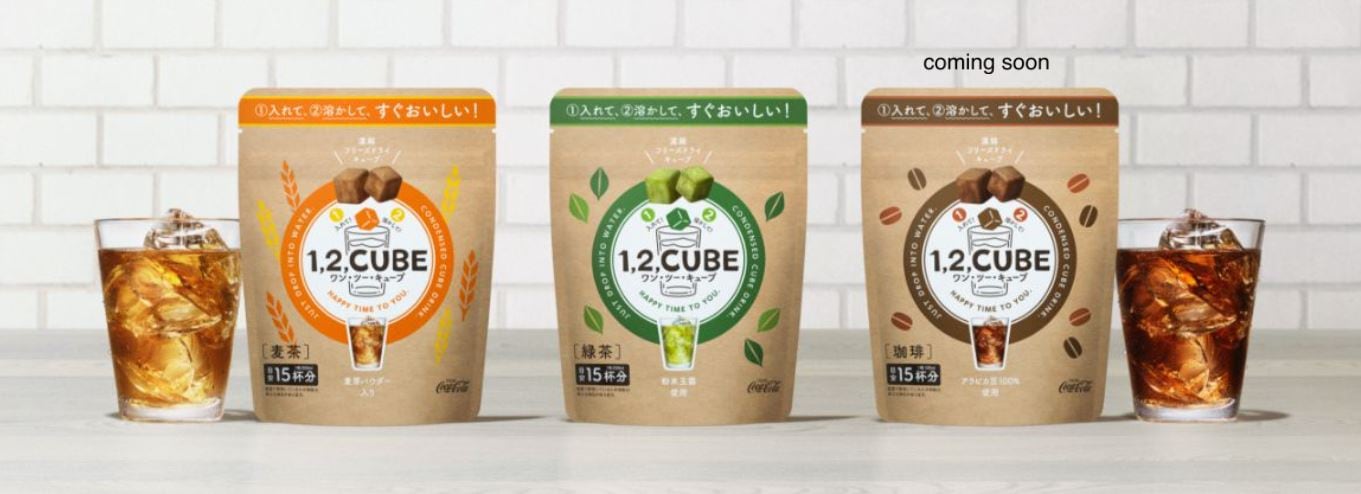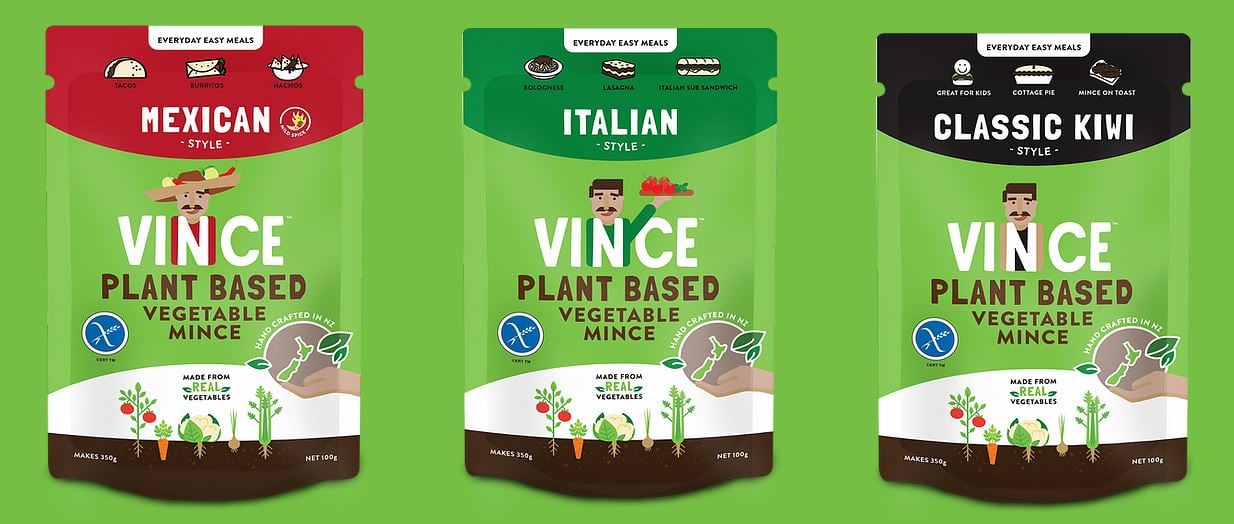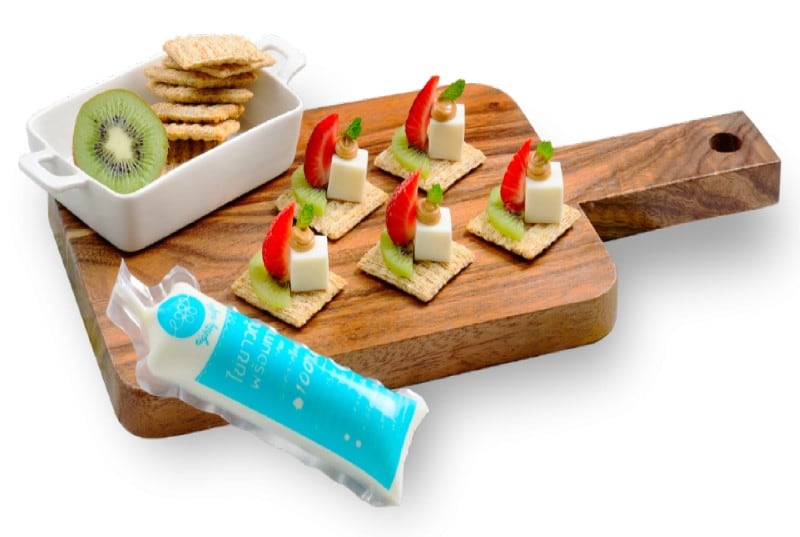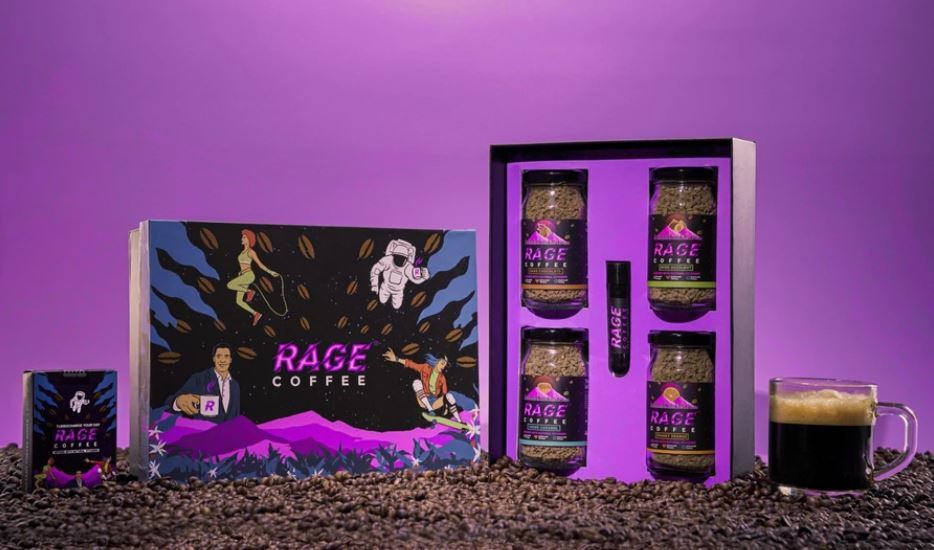Freeze dried coffee and tea are not novel, although it is not common in Japan. This is Coca-Cola Japan’s first product of its kind.
It is made by extracting tea leaves or coffee beans in a concentrate, which is then frozen and vacuumed. Because no aggressive heat treatment is applied, the original aroma and taste of the ingredients remain in the cubes.
The freeze-dried cubes can be added to hot or room temperature water which dissolves entirely.
The technology is currently pending patent.
Sayaka Obayashi, sustainability manager at Coca-Cola Japan’s public affairs, communication & sustainability division told FoodNavigator-Asia: “With today's new lifestyles, people are spending more and more time at home, and there is a growing need for instant beverages that can be enjoyed easily at home.”
Last December, Coca-Cola Japan conducted a survey on over 500 adults aged 20 to 40 years old.
From the findings, 67.2% of respondents said they would like to drink good tea or coffee at home since they were stuck at home due to COVID-19.
A further 82.2% of respondents said they thought hand-brewed tea or coffee tasted good, but they also felt it was a hassle to brew tea or coffee by hand (67.2%) and washing up (72.7%).
Obayashi added: “Based on this social background and consumer insight, we have developed a new category of freeze dry drink products that have never been seen in the instant beverage market before, based on the concept of "easy, delicious, and new", which are easy to use, delicious, and environmentally friendly.”
Each pouch contains about 15 cubes, and each cube makes about one cup of coffee or tea.
The barley and green tea cubes contain tea extract, tea extract powder and vitamin C, while the coffee cube contains coffee extract, coffee powder, dextrin, and oil.
Eco-friendly
In the same survey conducted last year, 50.8% of respondents said they use their own bottles at least once a week, due to increased environmental awareness and economic efficiency.
The 1,2,CUBE is packaged in a resealable pouch, there is no individual packaging or tea bag for each cube, greatly reducing packaging material.
Even the pouch is made from a paper material.
Obayashi said: “By using paper as the base material, the amount of plastic resin used can be reduced by approximately 13% and CO2 emissions by approximately 18% compared to plastic pouches of the same type and capacity.
“There is no need for individual packaging, reducing household waste.” The pouches are compact and can be carried anywhere.
While it is not a 100% paper material, Obayashi explained that if the paper weight exceeded 50% of the total weight of the packaging material, it is classified as "paper containers and packaging" under the Containers and Packaging Recycling Law, and is marked with the paper mark.
The two tea cubes are available on Amazon Japan from May, while the coffee cube will launch in June. It retails for JPY 600 (US$5.50) per pouch.
According to Obayashi, the company will consider expanding to other sales channels based on initial interest on Amazon. There are no plans to export at the moment.




